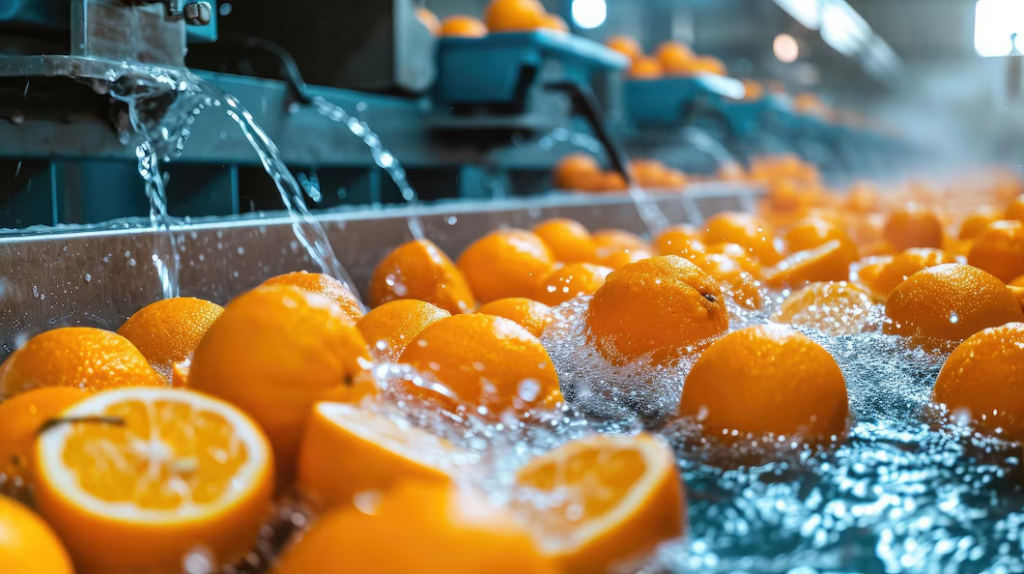
Water is an essential resource in the food processing industry, playing a vital role in various stages of production. From cleaning raw materials to aiding in cooking, preserving, and packaging, water is indispensable. The effective storage and management of water are crucial for ensuring smooth operations, maintaining product quality, and meeting regulatory standards. This article explores the significance of water storage in food processing industries, focusing on its impact on efficiency, sustainability, and safety.
Importance of Water Storage
Water storage systems are fundamental to the food processing industry for multiple reasons. First, they provide a consistent supply of water, even in situations where there might be disruptions in the municipal or natural water sources. Reliable water storage ensures uninterrupted production and prevents delays in processing.
Second, water storage allows for the collection and treatment of water to meet industry standards. Food processing requires water that is free from impurities and contaminants, which is achieved through filtration, sterilization, and other treatment processes. Properly stored water helps maintain the hygiene and safety of food products, protecting consumers and maintaining brand reputation.
Third, water storage systems contribute to resource conservation. By storing water efficiently, industries can reduce wastage and manage their consumption more effectively. This is particularly important in regions where water scarcity is a pressing issue, as responsible storage practices can minimize environmental impact.
Applications in Food Processing
The applications of water storage in food processing industries are diverse. In cleaning processes, stored water is used to wash raw ingredients, sanitize equipment, and maintain hygienic conditions in production facilities. It is also utilized in the cooking and preparation stages, where specific temperatures and cleanliness levels are crucial.
Water storage is essential in packaging, especially for foods that require liquid solutions or brines. Moreover, stored water is often used in cooling and refrigeration systems to preserve products during storage and transportation.
Safety and Compliance
In the food processing industry, adhering to safety regulations is non-negotiable. Water storage systems must be designed and maintained to meet these standards, ensuring that water remains uncontaminated and safe for use. Regular inspections, cleaning of storage tanks, and monitoring of water quality are necessary to comply with regulatory requirements and avoid any potential risks.
Sustainability and Future Trends
With growing concerns about environmental sustainability, water storage systems are being designed to optimize usage and minimize waste. Industries are adopting innovative technologies such as rainwater harvesting, smart storage systems, and efficient treatment methods to align with sustainability goals.
In conclusion, the role of water storage in food processing industries is multifaceted. It is not only crucial for ensuring operational efficiency and product safety but also plays a significant part in promoting sustainable practices. As industries continue to evolve, the focus on innovative and responsible water storage solutions will remain a cornerstone of their success.


